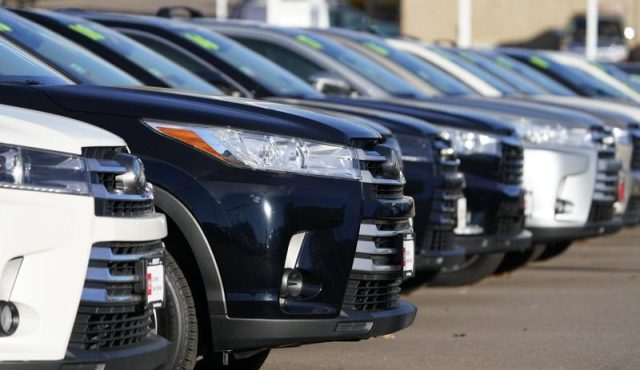businesstoday24 Correspondent, Dhaka: Japan, long known as a global hub for vehicle manufacturing and exports, continues to dominate not just in new car sales but also in the reconditioned vehicle segment. With a reputation for high-quality components, advanced engineering, and long-lasting performance, Japanese reconditioned vehicles remain in strong demand across international markets.
In 2023, Japan exported approximately 1.536 million reconditioned vehicles—marking a nearly 25% increase from the previous year. Industry analysts attribute this surge to the depreciation of the yen, which has made Japanese vehicles more affordable globally. Additionally, Japan’s domestic market sees many vehicles undergo export-worthy refurbishment after just 3–5 years of use, rendering them nearly as good as new in performance.
Countries like Bangladesh, Sri Lanka, Kenya, Russia, Papua New Guinea, and the UAE are among the top importers of these reconditioned vehicles. In Bangladesh alone, nearly 90% of the personal vehicle market comprises reconditioned units, the majority of which originate from Japan.
Local Bangladeshi importers highlight key attractions of Japanese reconditioned cars: low mileage, reliability, ease of maintenance, and readily available spare parts. These factors make them a preferred choice for many middle-class consumers.
However, the market is not without its headwinds. As climate concerns rise, many countries are tightening regulations on used car imports to encourage greener alternatives. The global pivot toward electric vehicles (EVs) is reshaping consumer behavior and governmental policies alike.
Furthermore, to protect local automotive industries, some nations have imposed higher tariffs and stricter import policies on used foreign vehicles. In Bangladesh, recent dollar shortages and increased import duties have reportedly led to a 30% decline in reconditioned car imports.
In response to shifting trends, several Japanese exporters are now focusing on electric reconditioned vehicles, aiming to align with evolving market needs and environmental standards.
Experts believe that Japanese reconditioned cars will retain their market presence for years to come due to their superior quality and reliability. However, to remain relevant, the industry must adapt by integrating new technologies and complying with eco-friendly standards.











